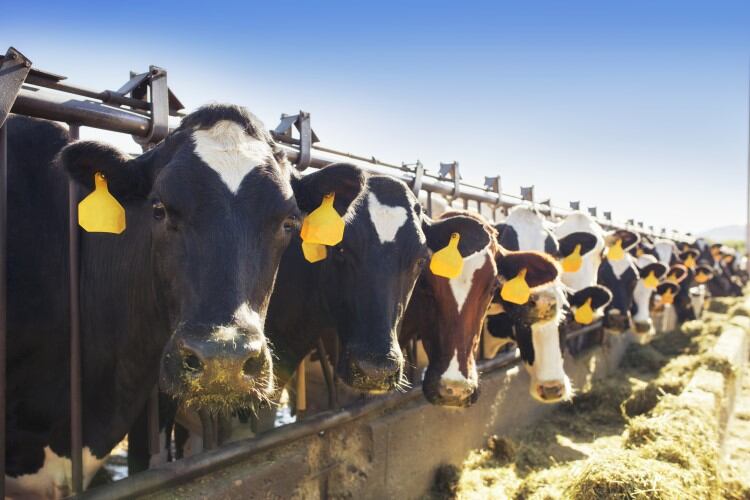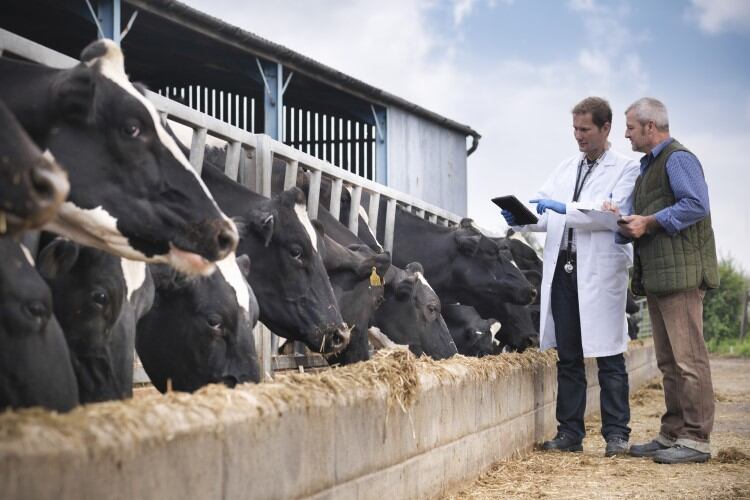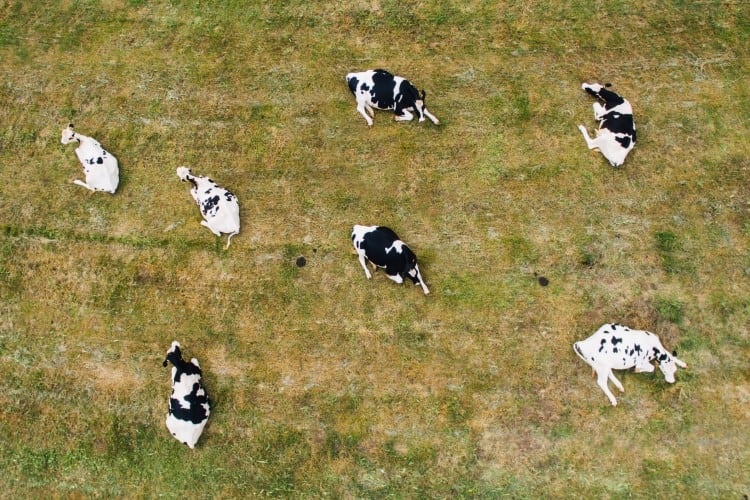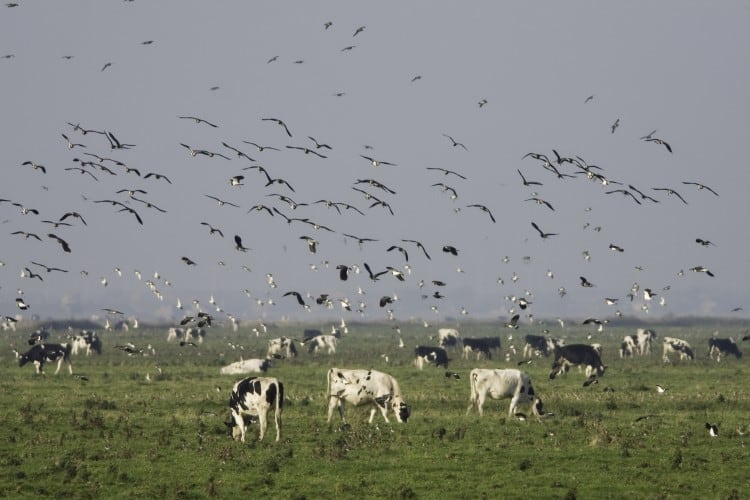North Carolina and South Dakota have become the latest US states to detect the presence of bovine influenza A in dairy cattle.
The virus, which is thought to have been transmitted to cows by sick birds, has been reported 24 times in 8 states so far: Texas (10), New Mexico (5), Kansas (3), Michigan (2), Ohio (1) and Idaho (1) and more recently, in North Carolina (1) and South Dakota (1). In addition, a farm worker who had been exposed to sick cattle tested positive for the virus last week, a rare human case and only the second in US history.
North Carolina agriculture commissioner Steve Troxler said: “This is an evolving situation, and we are waiting for more diagnostics from NVSL and will work collaboratively with our federal partners and dairy farmers in North Carolina.
“We have spent years developing methods to handle highly pathogenic avian influenza (HPAI) in poultry, but this is new and we are working with our state and federal partners to develop protocols to handle this situation.”
Before March 25, when the first detection was confirmed by USDA, HPAI had never been detected in ruminants. The virus is thought to have been first transmitted to a dairy cow in Texas where dairy and poultry operations were co-located. Domestic birds get the virus from infected wild birds and a detection can be devastating for poultry producers; eradicating it means culling of birds and thorough disinfection of the premises before operations can resume.
Veterinarians initially thought that dairy cows would be dead-end hosts who wouldn’t be able to transmit the virus to cows or other species, but reports that cows in a Michigan herd contracted the virus after cattle from Texas were taken in has suggested that cow to cow transmission was possible.
Despite the reported human case, the risk of transmission from cows to humans is thought to be very low. However, exposure is critical for transmission, and farmers have been asked to tighten their biosecurity protocols – including limiting visitors, fencing off cattle from standing water areas or birds, and wearing personal protective equipment such as gloves and face masks when working with sick animals or carcasses.
The virus, now referred to as bovine influenza A by the American Association of Bovine Practitioners, affects older mid-lactation cows, causing them to dry up or produce thick, colostrum-like milk, with other symptoms including decrease feed consumption, fever and dry, tacky feces. Veterinarians reported that around 10-20% of drop in milk production is observed in affected herds for 14 to 21 days. Dry cows, fresh cows, calves and heifers have so far been unaffected.
The virus isn’t deadly and cows recover in around 12 to 14 days with supportive care, but some take longer to return to production, if at all. Infected animals must be isolated from the rest of the herd and their milk destroyed, but farmers can continue collecting milk from cows that are asymptomatic.
The virus doesn’t survive pasteurization, which makes commercially-sold milk in the US safe for consumption despite the outbreak.
As for raw dairy, the US Food and Drug Administration has warned producers to not manufacture or sell raw milk or raw milk cheese products made with milk from cows showing symptoms of the illness or cows that may have been exposed to sick cattle or birds.
Import restrictions in 18 states
Despite USDA not forcing movement restrictions, 18 states have placed various restrictions on cattle imports, including new permit requirements and quarantine for newly-imported cows. These states include Alabama, Arizona, Arkansas, California, Delaware, Florida, Hawaii, Idaho, Kentucky, Louisiana, Maryland, Mississippi, Nebraska, North Carolina, Pennsylvania, Tennessee, Utah and West Virginia.
Producers should consult the relevant rules provided by state departments of agriculture ahead of importing animals.




